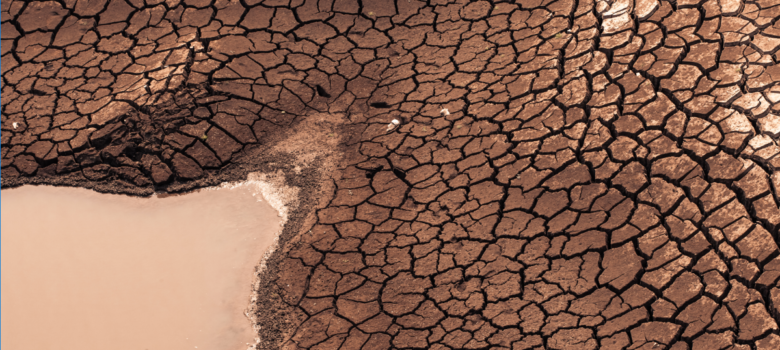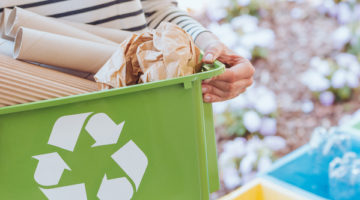
Fresh water is a precious resource
Water is incredibly abundant, covering about 70% of the Earth’s surface; however the amount of fresh water available to us is actually considerably less. 97.5% of the water on earth is actually salt water, leaving only 2.5% as freshwater. 70% of this fresh water is actually frozen in the icecaps of Antarctica and Greenland.
This leaves less than 1% of the water on earth easily accessible for animals to use, and although this is continuously replenished via the water cycle, the world’s ever-growing population is putting more and more strain on the fresh water supply.
In the UK, the average person uses about 150 litres of water a day. That’s about a tonne a week. This takes into account cooking, cleaning, washing and flushing. This is water that has been cleaned, treated and pumped from reservoirs, rivers and aquifers, and too much of it still leaks out of pipes before it ever gets into the home.
We’ve come to expect some of the highest quality water in the world, and an almost endless supply, for brushing our teeth, drinking, taking a shower in the morning or preparing food. But we also use this water to heat our homes and offices, clean our clothes, water our gardens, wash our cars and in thousands of industrial processes. Non-renewable energy production uses vast amounts of water. The more we use, the less we leave for the countryside and the wildlife around us.
The issue we face
The problem we face is this: because of our need to adapt to climate change and population growth, our water-intensive lifestyle and other pressures such as changing land use, we need to find ways of using water much more efficiently if we are to continue to enjoy high standards and constant supply.
By 2020 the demand for water could have increased by 800 million extra litres of water a day. This figure for required additional water doesn’t even taken into account embedded water, which would increase this figure many times over.
The freak flooding we have faced in the UK in recent years is the other side of the climate change coin. UK environmental leaders have warned that the risk of flooding and water shortage in 2013 has increased because the Government has been ‘too slow’ in taking action to improve water management. 16 leading environmental organisations have specified that a long-term, sustainable approach is needed which ‘works with our natural water systems’ to avoid increasing water problems.
The Blueprint for Water group says that after two dry winters, it took Britain’s wettest ever summer to narrowly avert a serious drought. They warn that despite summer 2015’s flooding, another series of dry winters would put Britain right back under serious risk of drought.












No Comments yet! Be the first one.